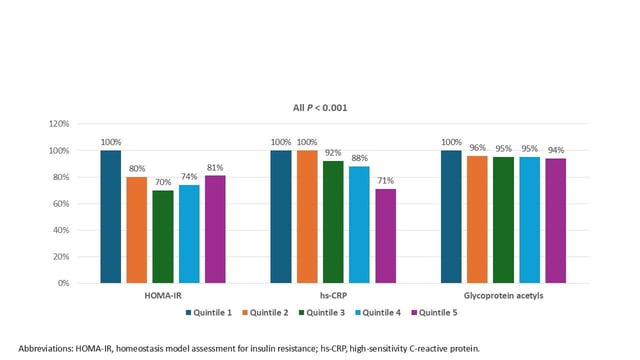Overview
- A cross-sectional analysis of 1,894 adults in a COVID-19 cohort found that higher plasma linoleic acid correlated with more favorable cardiometabolic markers.
- Participants with elevated linoleic acid showed lower insulin resistance, fasting glucose and insulin levels along with reduced inflammatory markers such as hs-CRP and glycoprotein acetyls.
- Objective biomarker data strengthen earlier observational links between linoleic acid intake and reduced risks of heart attacks, strokes and type 2 diabetes.
- Researchers stress that while associations are robust, randomized intervention studies are required to determine if increasing linoleic acid intake causally improves cardiometabolic health.
- Dietitians caution that linoleic acid’s benefits depend on overall dietary patterns and maintaining an optimal balance between omega-6 and omega-3 fatty acids.

